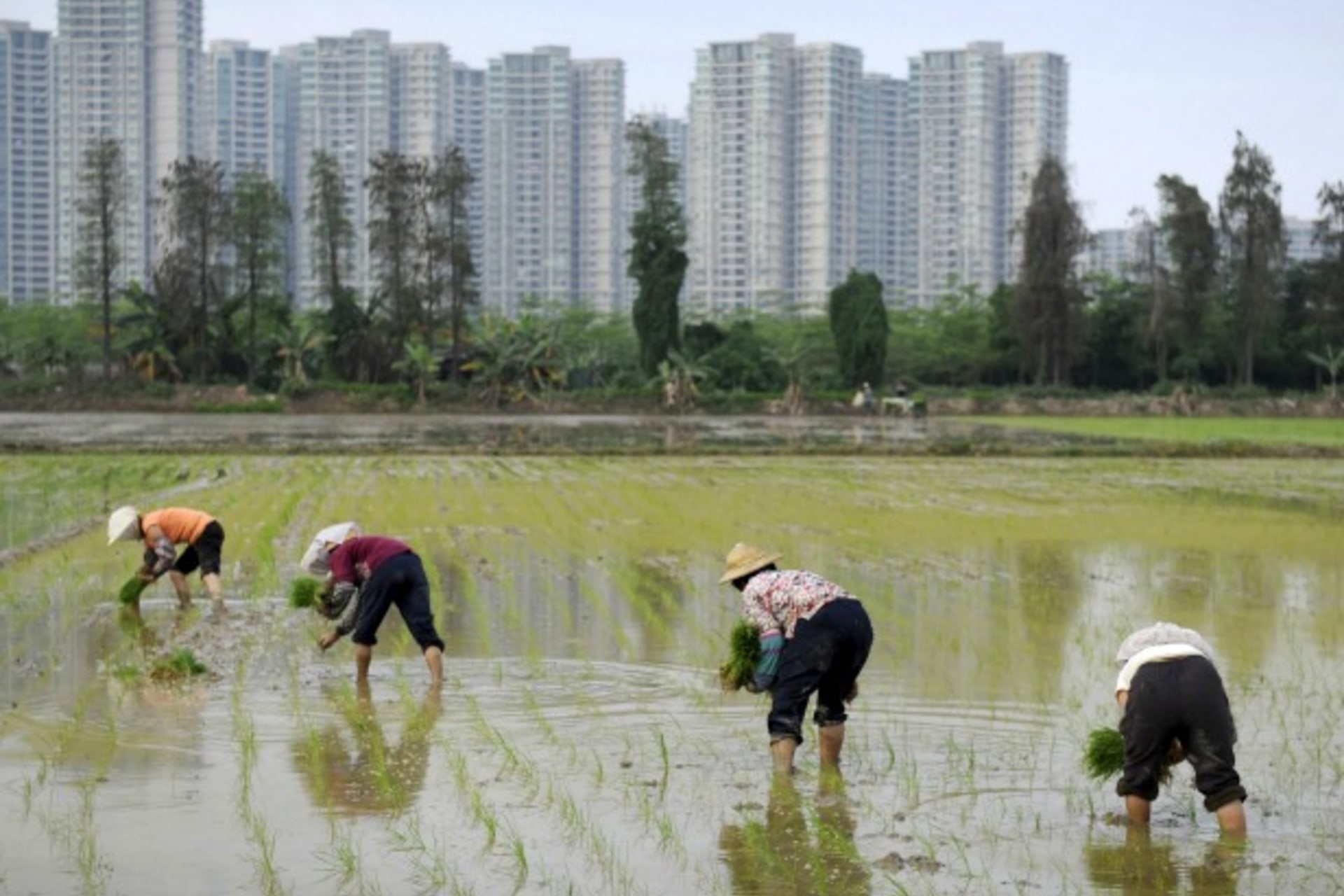Guest Post: China’s “Back to the Countryside” Policy: A Step Toward Reducing Rural-Urban Disparity

By experts and staff
- Published
By
- Guest Blogger for Net Politics
By Lincoln Davidson
Lincoln Davidson is a research associate for Asia Studies at the Council on Foreign Relations.
Earlier this week, the Chinese government announced a set of policies aimed at encouraging migrants from rural areas to the cities to return to their hometowns and start businesses. The policy guidelines direct local governments to encourage migrant workers (as well as university graduates and discharged soldiers) to take the capital, skills, and experience they’ve acquired in urban areas back to underdeveloped rural areas and engage in entrepreneurship. These policies—think of them as the newest iteration of Deng Xiaoping’s “let some get rich first”—are a solid step towards promoting genuine market-driven development.
People’s Daily reports that under the new policies local governments will employ the following five measures aimed at expanding rural entrepreneurship by returning migrants:
The policy comes at a time when the rate of migration to the cities is slowing. While migrant wages in China continue to grow, the rate of growth of the migrant workforce has declined for several years running, dropping from 5.5 percent growth in 2010 to just 1.3 percent in 2014. Government data also show that the number of rural residents employed near their hometown has grown at a faster rate than the migrant population over that time frame.
Despite these trends in the labor force, these policies are long overdue. Although recent reforms have begun to liberalize China’s household registration system, known as the hukou system, movement to urban areas is still not always an option for rural residents. And in the countryside, where there’s less well-developed infrastructure, poorer access to credit, and strict rules about what land can be used for, it can be much harder to start a small business than in the city.
By addressing the disparity between urban and rural residency, these policies are an important step forward in reducing the inherent inequality of being born in the Chinese countryside and a significant corrective to years of short-sighted development strategies in the Chinese countryside. Just as liberalization and the increased access to opportunities that accompanied it drove up rural incomes in the 1980s (and movement back towards state-driven development drove them down in the ‘90s), policies promoting rural entrepreneurship have the potential to significantly improve the economic situation of millions of Chinese rural residents today. At the same time, innovative agricultural ventures have an important role to play in China’s attempts to scale up its agricultural output. While this policy may not lead to more swimming pigs, it is aimed at upgrading agriculture and cultivating the services to support it.
There has long been anecdotal evidence that potential income increases are not the sole—or even primary—factor motivating young Chinese to seek employment in urban areas. Among the many reasons that rural residents choose to head to the cities, a commonly seen one is a desire for self-improvement. Building on this, a 2013 study by researchers at the University of Pennsylvania found that the desire for personal development is a significant motivator behind the migration decisions of youth from rural areas in Gansu Province.
The new policies also speak to these individuals. Having gone to the cities to learn and grow, they now have a chance to return home and use their know-how to start up a business, taking on new challenges (and new opportunities for personal development) in the process. By providing training and support services, the new policies can help these entrepreneurial individuals transition from laborer to small business owner. At the same time, it could mitigate the brain drain from China’s countryside that has drawn the best and brightest to urban areas, further sapping the already lagging rural regions of economic vitality.
Of course, given how “uneven” and “selective” policy implementation by local governments tends to be in rural China, it remains to be seen what impact these new policies will have. Local governments already facing fiscal crisis will not be thrilled at the prospect of providing subsidized loans and additional services, and verifying the status of returned migrants could prove to be an additional outlet for corruption. However, with its focus on small, entrepreneurial ventures by individuals, this policy has the potential to move the Chinese economy away from state investment with minimal impact on productivity toward private sector investment in productive assets. And in the long run, that could mean higher standards of living for millions of rural Chinese.